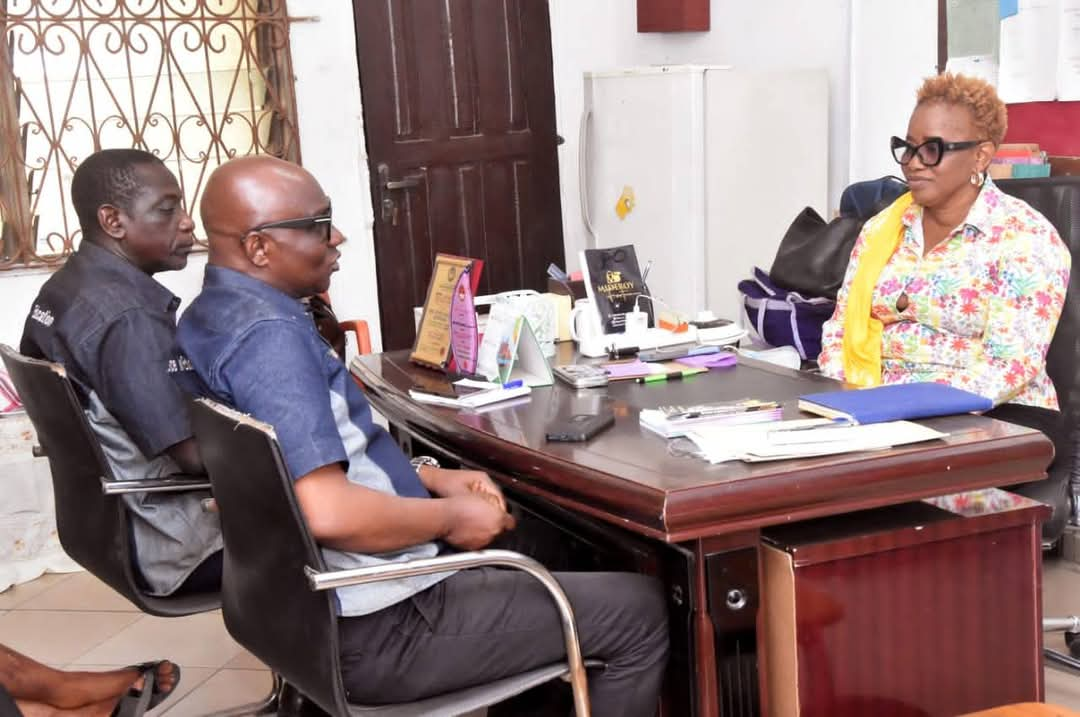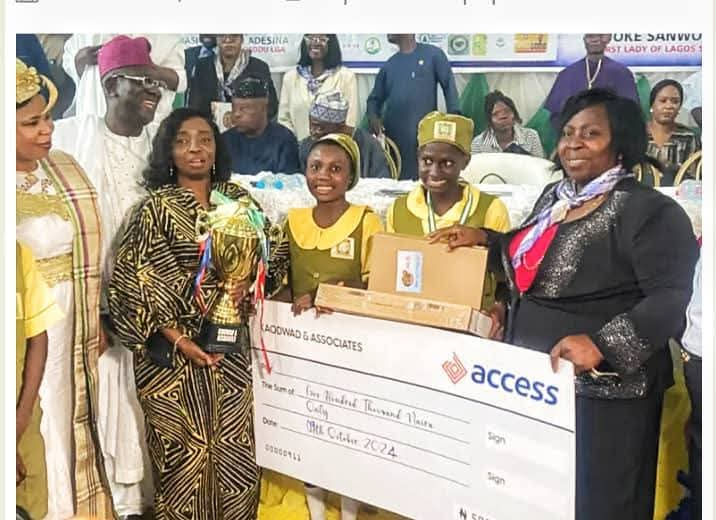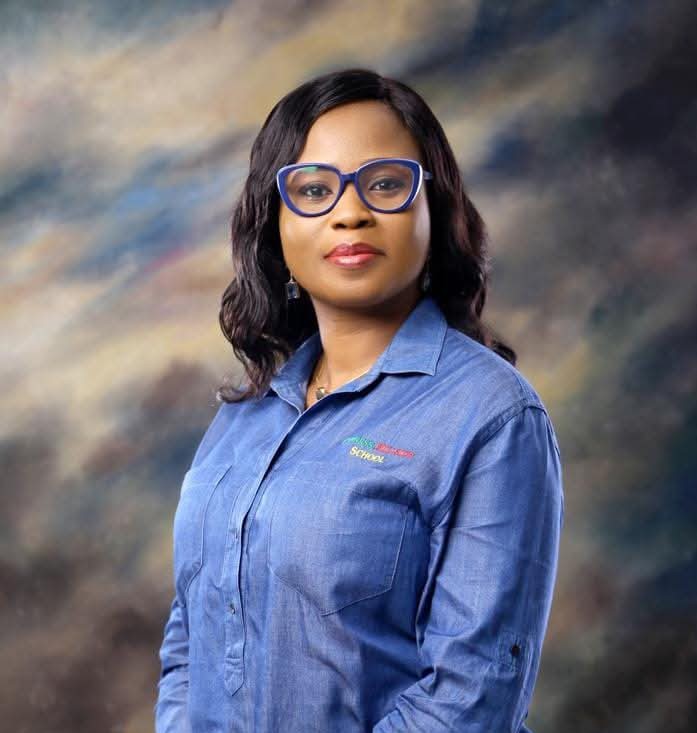As schools across Lagos State resumed for the second term of the 2024/2025 academic session, the Office of Education Quality Assurance (OEQA) has ramped up its monitoring activities, focusing on the performance and wellbeing of students at schools below the tertiary level.
This ongoing exercise, which began on January 6, 2025, and is set to run until January 17, 2025, reflects the government’s steadfast commitment to improving education outcomes in the state.
Mr. Remi Abdul, the Coordinating Director of OEQA, made it clear during the monitoring process that the state government is deeply concerned about the performance of students in external examinations. To tackle this challenge head-on, the Honourable Commissioner for Basic and Secondary Education, Mr. Jamiu Tolani Alli-Balogun, has introduced a range of measures designed to improve student learning outcomes.
Among the key initiatives being implemented are a universal timetable for all schools, weekly essay-writing assignments to enhance students’ writing skills, and a policy requiring principals and vice principals to engage directly in teaching for a set number of periods each week. The importance of core subjects like Mathematics and English is underscored by their regular teaching, while discipline is maintained through strict measures for staff who fall short of expectations. Additional initiatives include the provision of morning and afternoon lessons for students and a merit-based promotion system.
These steps represent a crucial shift in the state’s education policy—one that prioritizes both academic excellence and a holistic approach to student welfare. Mr. Abdul’s call to principals to live up to expectations and serve as role models underscores the need for leadership in schools to inspire both teachers and students.
Equally important is the emphasis on safeguarding students, a key aspect of the monitoring process. Mr. Kamardeen Akodu, Director of Monitoring and Investigation at OEQA, stressed the importance of adopting the state’s Safeguarding and Child Protection policy. Every school is expected to designate a trusted desk officer to oversee its implementation, separate from the guidance counselor. This move is a response to the need for greater accountability in protecting students from abuse, with an emphasis on preventing sexual violence and banning corporal punishment.
The monitoring team, which includes experts in quality assurance, research, and planning, has toured a variety of schools, including Gbagada Comprehensive Junior High School and Eva Adelaja Girls Senior Secondary School, ensuring that facilities are safe and conducive to learning. This comprehensive oversight provides the necessary foundation for the successful implementation of these educational reforms.
Ultimately, the 10-day monitoring exercise serves as a wake-up call for both educators and stakeholders to take responsibility for the quality of education in Lagos. It is a reminder that the future of the state’s children lies not only in the hands of policymakers but in the everyday actions of teachers, principals, and communities working together for the betterment of education. Through these ongoing efforts, Lagos is well on its way to setting a standard for educational excellence across Nigeria.












